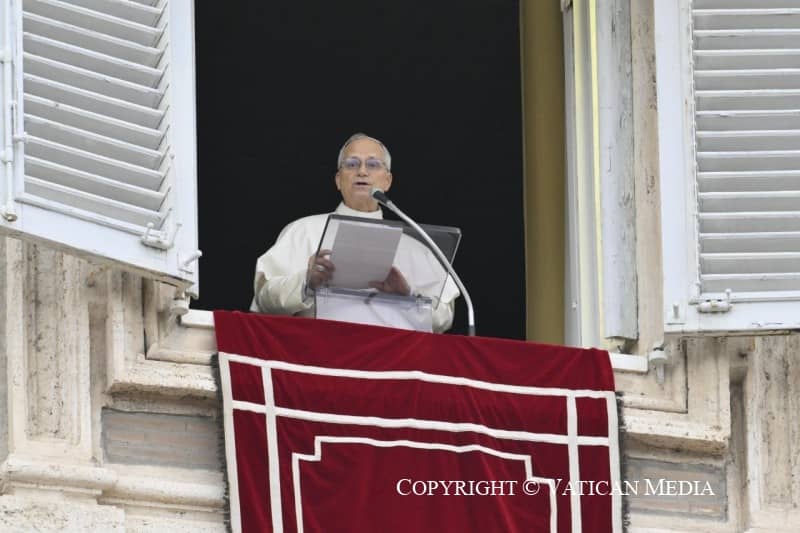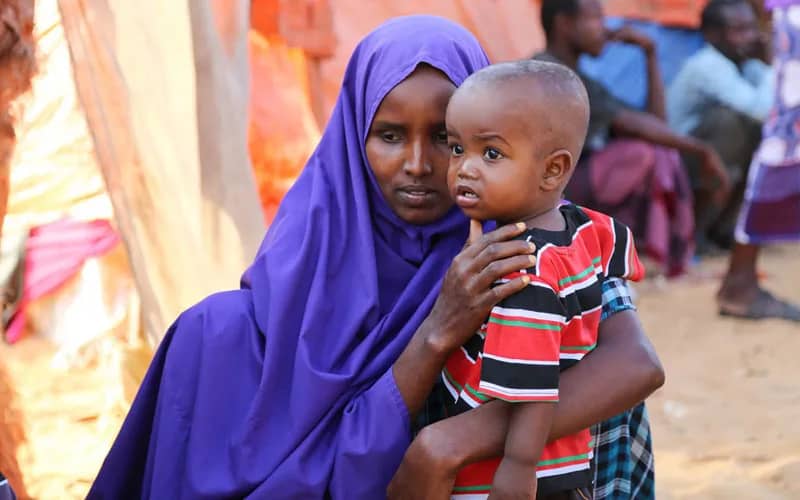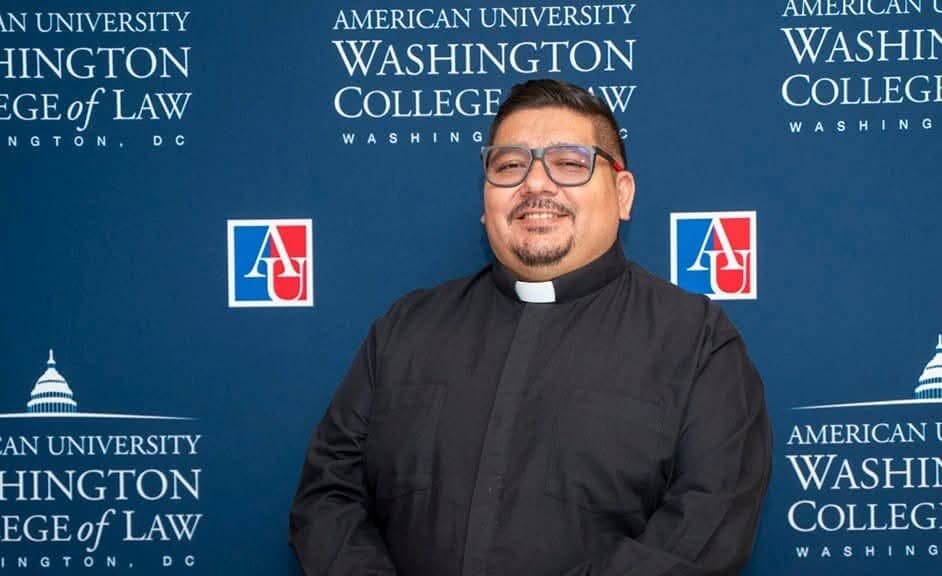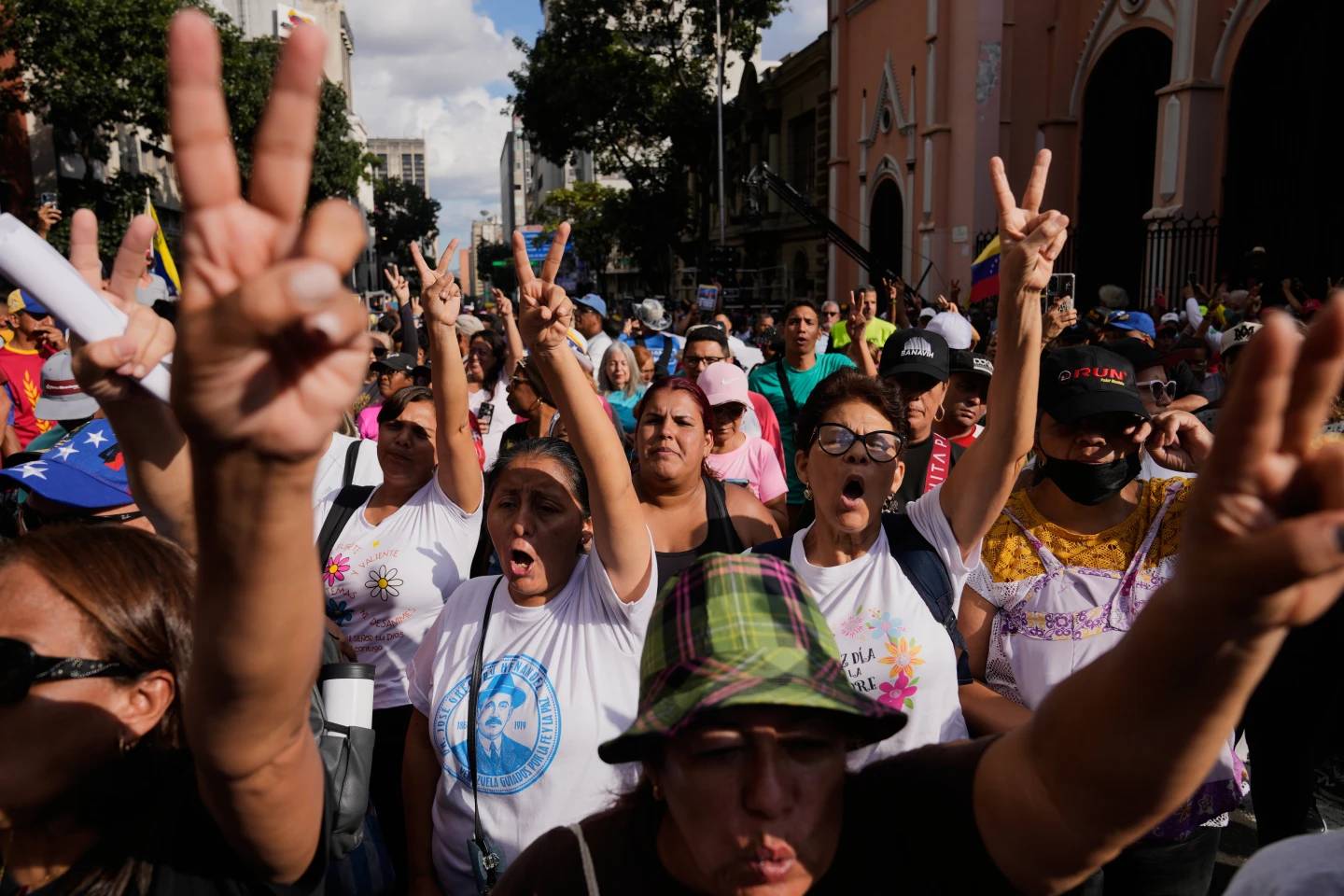YAOUNDÈ, Cameroon – As more people slip into extreme hunger in Ethiopia following a suspension of food aid by international agencies, Catholic leaders are calling for that aid to be resumed, especially in the hard-hit Tigray region of the country.
Bishop Tesfaselassie Medhin of the Ethiopian Catholic Eparchy of Adigrat said any delay in the resumption of food aid would be like issuing “a death sentence” on a people struggling to remain alive.
In a statement July 4, Caritas Internationalis complained that the suspension of food aid to the region has led people to be “starving to death.”
“In recent weeks, hunger has killed hundreds of people in Ethiopia’s northern Tigray region as a result of food shortage,” said Caritas Internationalis’ Secretary General, Alistair Dutton. “This is neither humane nor moral.”
Caritas Internationalis is a confederation of over 160 members of Catholic relief, development and social service organizations operating in over 200 countries and territories worldwide.
Both the US Agency for International Development and the UN’s World Food Program suspended food aid to Ethiopia on March 30 after reports alleging “widespread and systemic” theft of large amounts of food supplies meant for hungry people.
The humanitarian agencies didn’t assign blame for the thefts, but an internal memo from a group of foreign donors suggested that Ethiopian government officials might have been involved.
“Extensive monitoring indicates this diversion of donor-funded food assistance is a coordinated and criminal scheme, which has prevented life-saving food assistance from reaching the most vulnerable,” the document says.
“The scheme appears to be orchestrated by federal and regional government of Ethiopia entities, with military units across the country benefiting from humanitarian assistance.”
Ethiopia and USAID have since committed to a full investigation to uncover the faces behind the scheme.
“Food diversion is absolutely unacceptable, and we welcome the government of Ethiopia’s commitment to investigate and hold accountable those responsible,” said World Food Program Executive Director Cindy McCain.
But the suspension of food aid is now taking a disturbing toll on those who need it.
Of Ethiopia’s 120 million inhabitants, about 20 million of them live off the generosity of humanitarian organizations, as drought and years of conflict have left the country with less capacity to produce food on its own. The statistic is even more worrying in the Tigray region, where 5.4 of its six million inhabitants depend on humanitarian assistance.
Many people are now dying as a result of the suspension of food aid, according to Caritas Internationalis.
“For three months, millions of people in need of vital assistance have been deprived of food, drastically reducing the health and security of those already suffering from severe trauma and deprivation following a two-year war and prolonged drought,” Dutton said.
While calling for a “thorough investigation” into the food theft, Caritas Internationalis is also advocating for the putting in place of “robust and transparent accountability mechanisms…to prevent future diversion.”
“But innocent people cannot be the ones that suffer in the meantime,” Dutton adds, arguing that the millions of people who depend on humanitarian assistance must not be made to pay for “the egregious abuses committed by others.”
Caritas’ plea adds to the tide of appeals coming from various church denominations and structures.
In a joint letter addressed to the Government of Ethiopia, USAID and the World Food Program on June 16, Cardinal Berhaneyesus Demerew Souraphiel, President of the Catholic Bishops’ Conference of Ethiopia, and Rev. Kes Yonas, President of the Mekaneyesus Evangelical Church of Ethiopia, warned that “any further delay in taking the appropriate action to resume the food support will strongly affect the poor and the needy people that may lead to further catastrophe on the children, and vulnerable people like internally displaced persons.”
The Patriarch of the Ethiopian Orthodox Tewahedo Church, Abba Mathias, added his voice to the appeals, noting that suspending this vital support is resulting in severe suffering of people due to hunger. He urged the donor agencies to resume “your life-saving aid to our citizens who are in desperate need.”
Madhin insisted that the deaths of hundreds of people due to starvation cannot be the price to pay to fix the system.
While the investigations last, McCain has promised that her organization will continue to provide assistance to “children, pregnant and breastfeeding women, school meals programs, and activities for building the resilience of farmers and pastoralists.”
“Our first concern is the millions of hungry people who depend on our support, and our teams will work tirelessly with all partners to resume our operations as soon as we can ensure that food reaches the people who need it the most,” she said.
Devastating famines and conflict have afflicted Ethiopia for decades, and very often, food meant for hungry, vulnerable people has ended up in the wrong hands. The UN recently accused the Ethiopian government of using “starvation as a method of warfare” in its war against Tigray. The government charged humanitarian agencies of trafficking arms to the Tigray rebels.
“WFP is working closely with its UN and humanitarian partners and local stakeholders to reform the way assistance is delivered across Ethiopia and in all high-risk operational contexts where we work,” McCain said.














